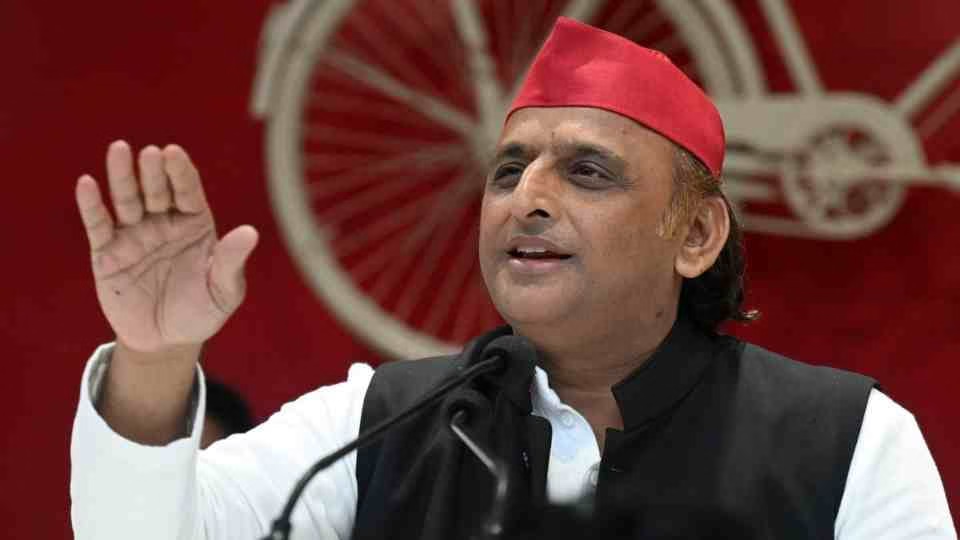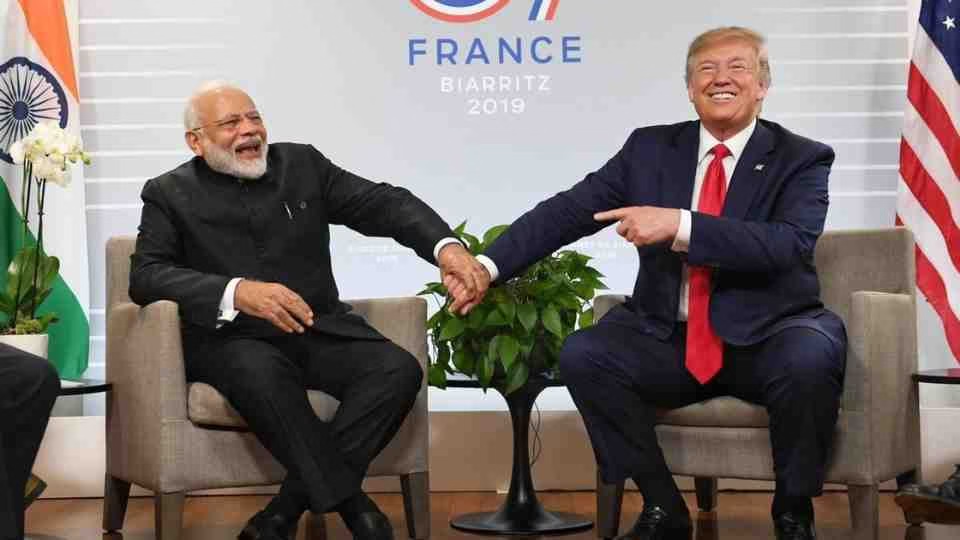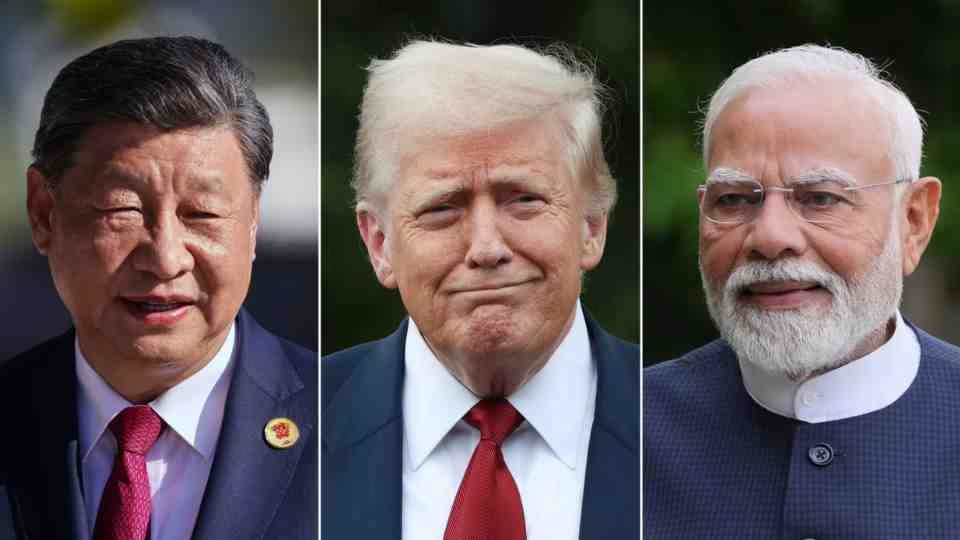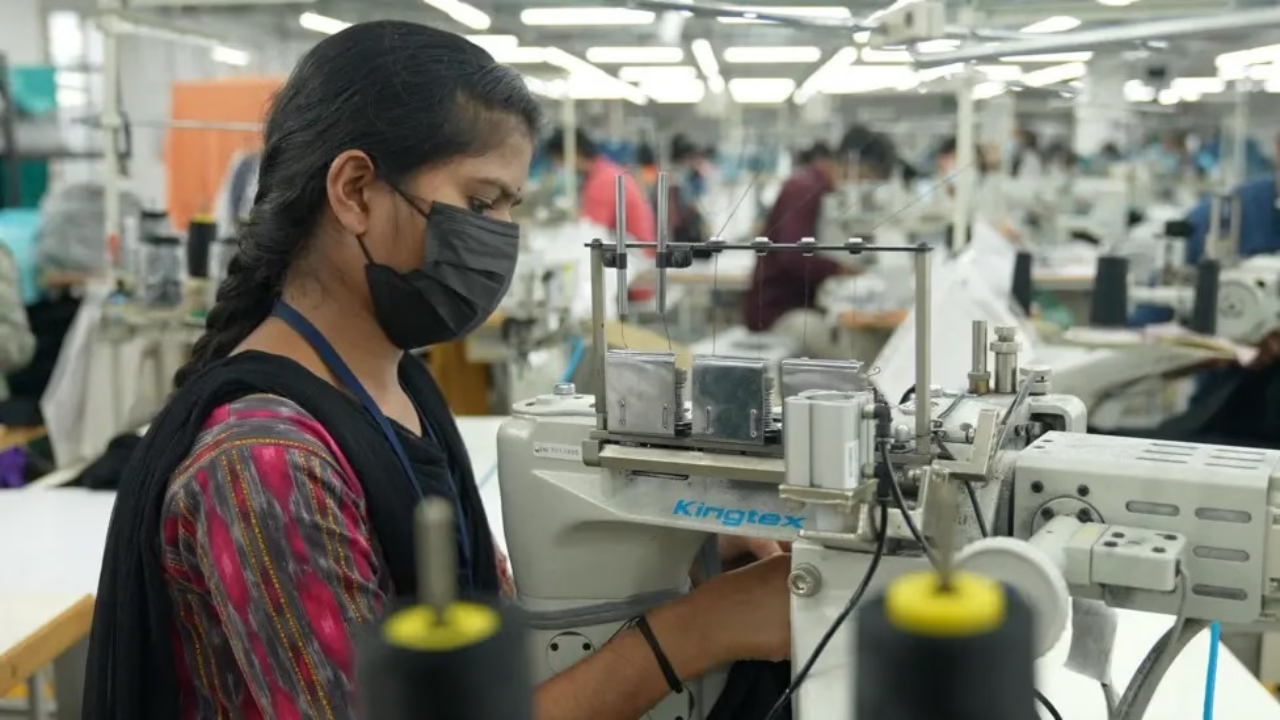SP Chief Launches Scathing Attack on Centre’s Legislative Move
LUCKNOW, August 24, 2025 – Samajwadi Party president Akhilesh Yadav launched a blistering attack on the Central government on Sunday, accusing it of introducing controversial legislation to disqualify Prime Ministers and Chief Ministers facing serious criminal charges as a deliberate strategy to harass Opposition leaders and create internal turmoil within regional political parties.
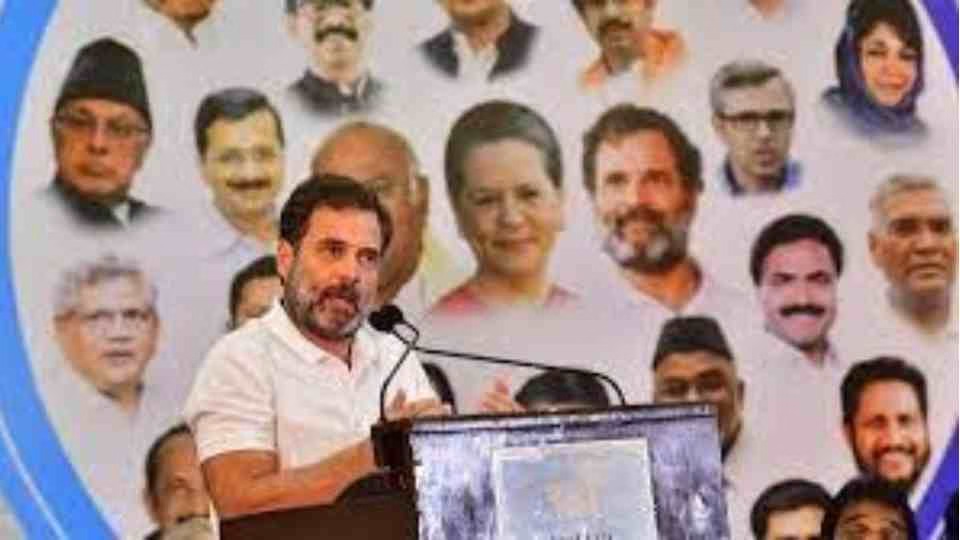
The Contentious Bills
The controversy stems from three Bills introduced by Union Home Minister Amit Shah in the Lok Sabha on Wednesday that propose automatic removal of high-ranking elected officials. The legislation includes:
- Government of Union Territories (Amendment) Bill 2025
- Constitution (One Hundred And Thirtieth Amendment) Bill 2025
- Jammu and Kashmir Reorganisation (Amendment) Bill 2025
Under these proposed laws, if the Prime Minister, Union Ministers, or Chief Ministers are arrested and detained in custody for 30 consecutive days for offences carrying a potential jail term of at least five years, they would automatically lose their positions on the 31st day – notably, without requiring a conviction.
Yadav’s Sharp Criticism
Speaking to reporters at the Samajwadi Party headquarters in Lucknow, Yadav minced no words in his condemnation of the legislative move. “This government wants to trouble Opposition leaders, create pressure on regional parties and prepare revolts within them,” he declared. “They have deliberately brought this Bill to divert attention from the real debate on how they commit dacoity during elections and steal votes.”
The former Uttar Pradesh Chief Minister characterized the Bills as politically motivated weapons designed to undermine democratic opposition rather than genuine efforts at administrative reform.
Allegations of Selective Justice
Yadav’s most pointed accusations centered on what he described as the ruling party’s selective approach to criminal cases. He alleged that the BJP government has systematically withdrawn cases against its own leaders while weaponizing the legal system against political rivals.
“Our chief minister (Yogi Adityanath) knew this day would come; that is why cases against him were withdrawn,” Yadav stated. “Cases were also withdrawn for the deputy chief minister. The very people bringing this Bill have admitted in several places that false cases were lodged against them. If they could be falsely implicated, then tomorrow someone else can also be framed.”
This accusation strikes at the heart of Yadav’s argument that the proposed legislation could be misused to target political opponents through fabricated or politically motivated charges.
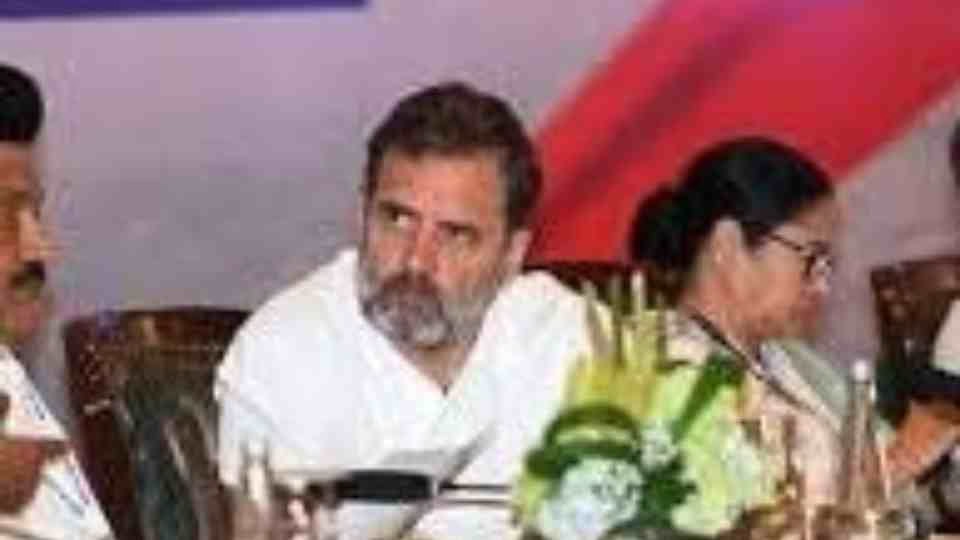
Examples of Alleged Targeting
To substantiate his claims of systematic harassment, Yadav cited specific instances of Samajwadi Party leaders who have faced legal troubles:
- Mohammad Azam Khan – Senior party leader who has faced multiple cases
- Gayatri Prajapati – Former minister who was jailed
- Irfan Solanki – MLA who faced legal action
- Ramakant Yadav – Former MP who experienced legal troubles
“Look at how our leaders are being sent to jail for years. This shows the misuse of power,” Yadav emphasized, painting these cases as part of a broader pattern of political persecution.
Parliamentary Drama and Opposition Response
The introduction of the Bills sparked dramatic scenes in the Lok Sabha, with opposition MPs tearing up copies of the draft legislation and marching toward Home Minister Amit Shah’s seat while shouting slogans in protest. This physical demonstration of opposition reflected the deep controversy surrounding the proposed changes.
Following the tumultuous introduction, the Bills have been referred to a Joint Parliamentary Committee comprising 21 members from the Lok Sabha and 10 from the Rajya Sabha for detailed scrutiny. However, the Samajwadi Party, along with other opposition parties like the Trinamool Congress, has decided not to nominate members to this committee, viewing it as a flawed process.
Constitutional and Legal Implications
The proposed legislation represents a significant departure from current constitutional practice. Unlike Members of Parliament and State Legislative Assembly members, who face automatic disqualification upon conviction under the Representation of the People Act, there is currently no explicit law addressing whether a Prime Minister or Chief Minister can continue in office while in judicial custody without conviction.
This legislative gap has created ambiguity that the proposed Bills seek to address, but critics argue the solution is overly broad and susceptible to misuse.
Broader Political Context
Yadav’s accusations must be viewed within the broader context of India’s increasingly polarized political landscape. Regional parties, particularly those in opposition-governed states, have frequently complained about the misuse of central agencies and selective prosecution of their leaders.
The Samajwadi Party chief’s reference to “engineering revolts within regional parties” suggests concern that such legislation could be used to destabilize state governments led by opposition parties, potentially forcing defections or internal conflicts when leaders face the threat of disqualification.
Democratic Values Under Attack
In his concluding remarks, Yadav positioned the issue within the framework of democratic principles. “This party strongly opposed the Bill, calling it an attack on democratic values and regional political movements,” he stated, framing the controversy as part of a broader assault on India’s federal democratic structure.
The timing of these accusations, coming on a Sunday when Yadav specifically chose to address reporters at the party headquarters, suggests a calculated effort to mobilize public opinion against what the opposition views as authoritarian overreach.
Looking Ahead
As the Bills proceed through the Joint Parliamentary Committee process, the controversy is likely to intensify. The opposition’s decision to boycott the committee process indicates their belief that meaningful consultation is unlikely, while the government maintains that the legislation is necessary for ensuring accountability in high office.
The debate over these Bills reflects deeper tensions in Indian democracy about the balance between accountability and political weaponization of legal processes. Yadav’s detailed accusations on August 24, 2025, mark what is likely to be the beginning of a prolonged political battle over legislation that could fundamentally alter how India’s highest elected officials can be removed from office.
The ultimate resolution of this controversy will have significant implications not just for current political leaders, but for the broader principles governing democratic governance in India’s federal system.

